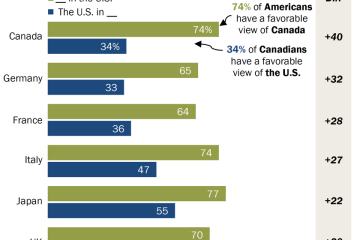The Legacy of George Floyd and Its Global Impact

Introduction
The death of George Floyd on May 25, 2020, at the hands of Minneapolis police officers sparked a global outcry and reignited discussions around systemic racism and police brutality. His tragic fate not only mobilized protests across the United States but also ignited a worldwide movement for social justice, emphasizing the ongoing struggle against racial inequality. The significance of Floyd’s death continues to resonate, influencing policies and societal attitudes globally.
Events Following the Incident
Following George Floyd’s death, widespread protests erupted under the banner of Black Lives Matter, highlighting the urgent need for police reform and accountability. Statistically, the protests drew millions, with the George Floyd Foundation reporting that over 15 million people participated in demonstrations in the U.S. alone. Major cities across the globe, from London to Sydney, saw similar movements emerge, signaling a unified stance against racial injustice.
Floyd’s death also prompted legislative changes in various jurisdictions. The U.S. Congress introduced the George Floyd Justice in Policing Act, aiming to combat police misconduct and increase transparency. While the bill faced challenges, it highlighted the political momentum and the demand for tangible reforms. In Canada, echoes of the movement led to discussions surrounding the treatment of Indigenous groups and Black communities by law enforcement, stressing the need for systemic change.
Reactions and Cultural Shifts
The aftermath of Floyd’s death has resulted in a significant cultural shift. Businesses, educational institutions, and communities are increasingly prioritizing diversity and inclusion initiatives. For instance, many corporations launched campaigns focused on racial equality and accountability. Significant financial commitments have been made towards anti-racism initiatives, with firms pledging billions to address systemic inequities.
In addition, art and media have played a crucial role in keeping Floyd’s memory alive. Documentaries, books, and films exploring the themes of racism and social justice have surged in popularity, indicating a growing public appetite for understanding and confronting these issues.
Conclusion
George Floyd’s legacy continues to create ripples that shape discussions around race, justice, and equality. The societal implications of his death remind us of the enduring work required to combat systemic racism. Moving forward, various organizations, advocacy groups, and individuals continue to engage in efforts aimed at addressing these injustices. As societies contemplate the lessons from Floyd’s tragic death, it is clear that his impact will persist in inspiring advocacy and reform. Only time will tell how deeply these changes will be felt, but the collective movement for racial justice remains a crucial barrier against hate and discrimination.





